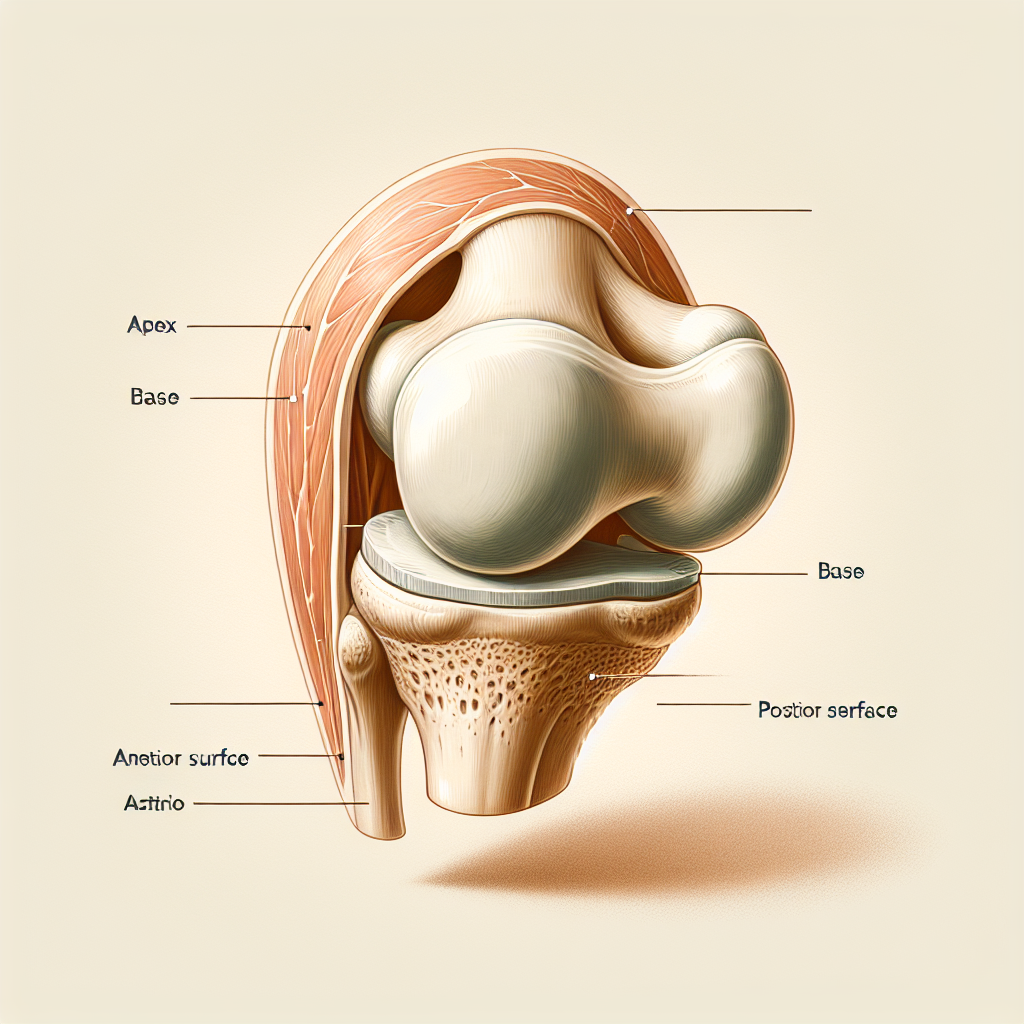Ahead of the 2027 general elections, the Independent National Electoral Commission (INEC) is already suggesting amendments to Nigeria’s electoral process to strip the President of the power to appoint Resident Electoral Commissioners (RECs). The amendments in view would instead vest the commission power to make the appointments, though with a different name to be known as State Directors of Elections. INEC is also working on the introduction of electronically downloadable voter cards to replace Permanent Voter Cards (PVCs).
Also, the commission’s Policy and Legal Advocacy Centre (PLAC) and other stakeholders have emphasized the need for electoral reforms, a single-day voting system and voting without a Permanent Voter Card (PVC) ahead of the 2027 general election to ensure credibility. Specifically, the commission is demanding amendments to Section 14 (3) Paragraph F of the Third Schedule to the Constitution to confer the power of appointing and disciplining heads of states and FCT offices of INEC on the commission. INEC is also suggesting an amendment to Section 6 (3) of the Electoral Act 2022 to confer the power of appointing heads of states and FCT offices on INEC.

Special Adviser to the INEC chairman, Mohammad Kuna, made this known in his presentation at a retreat with the Joint Committee of the National Assembly on Electoral Matters on the reform of the electoral legal framework held in Lagos, yesterday. He said the proposal was essential to promote transparency, accountability and efficiency in the electoral process. The REC is the person in charge of the INEC office at the state level.
Assisted by relevant government agencies, the REC undertakes the presidential, National Assembly, governorship and House of Assembly elections and acts pursuant to powers delegated to them by the INEC National Chairman and his 12 commissioners..
Politics

INEC set to strip President of power to appoint RECs

Ahead of the 2027 general elections, the Independent National Electoral Commission (INEC) is already suggesting amendments to Nigeria’s electoral process to strip the President of the power to appoint Resident Electoral Commissioners (RECs). The amendments in view would instead vest the commission power to make the appointments, though with a different name to be known [...]The post INEC set to strip President of power to appoint RECs first appeared on Business Hallmark.















